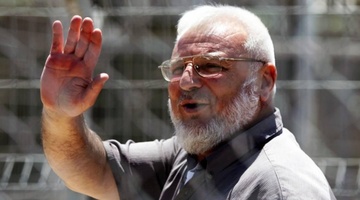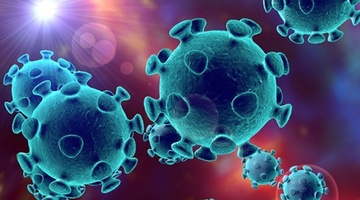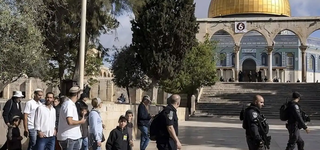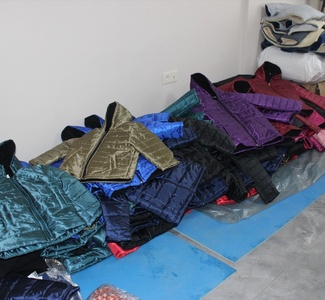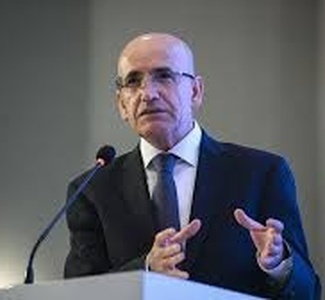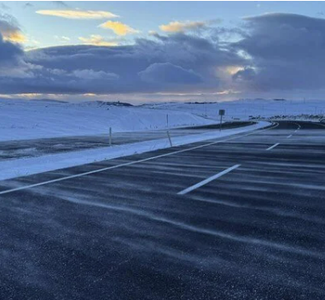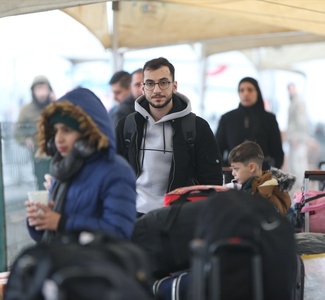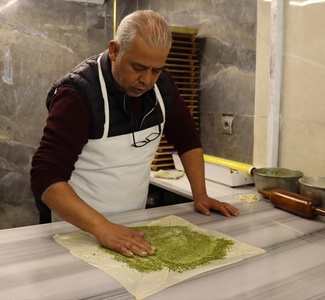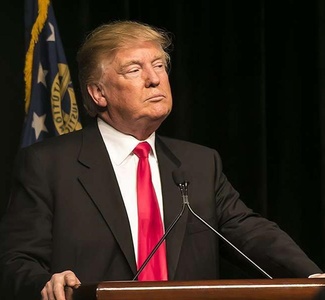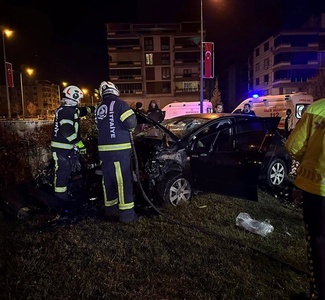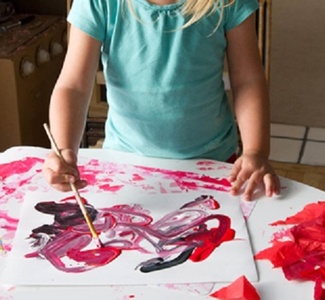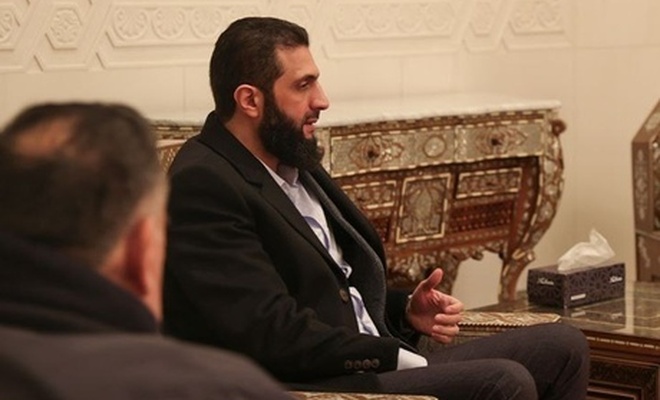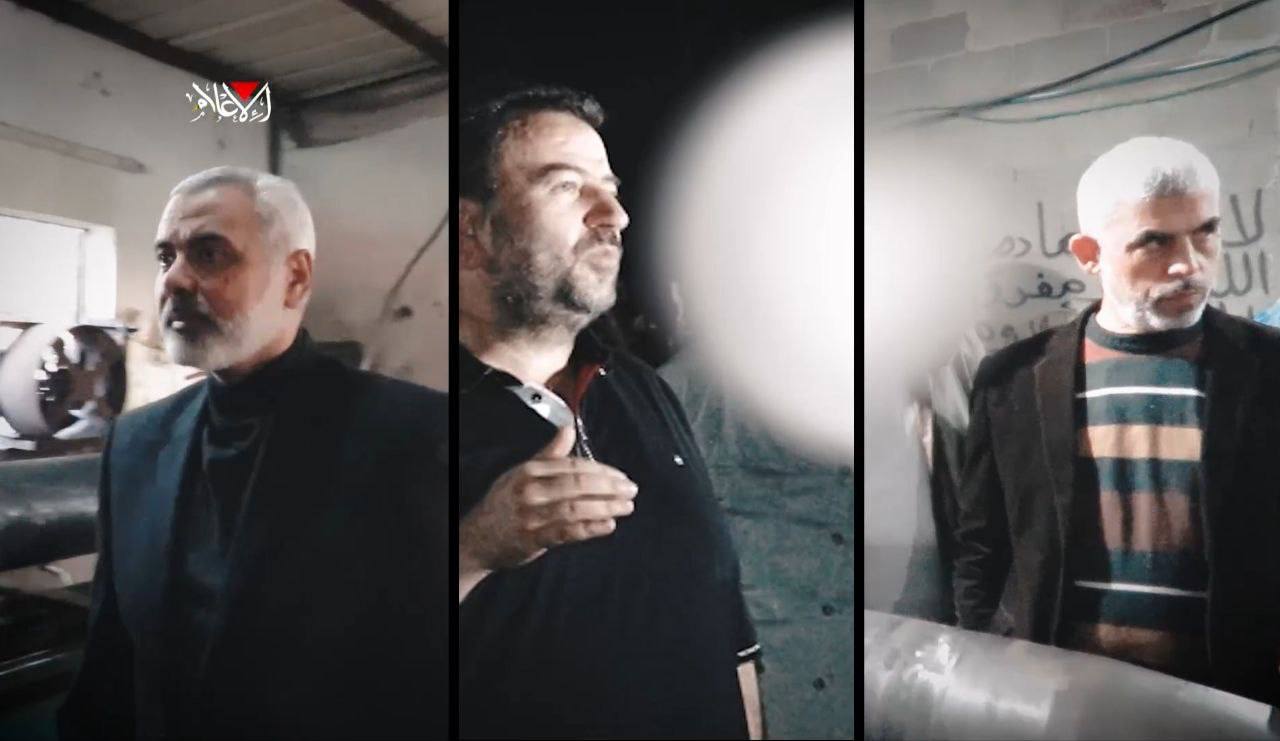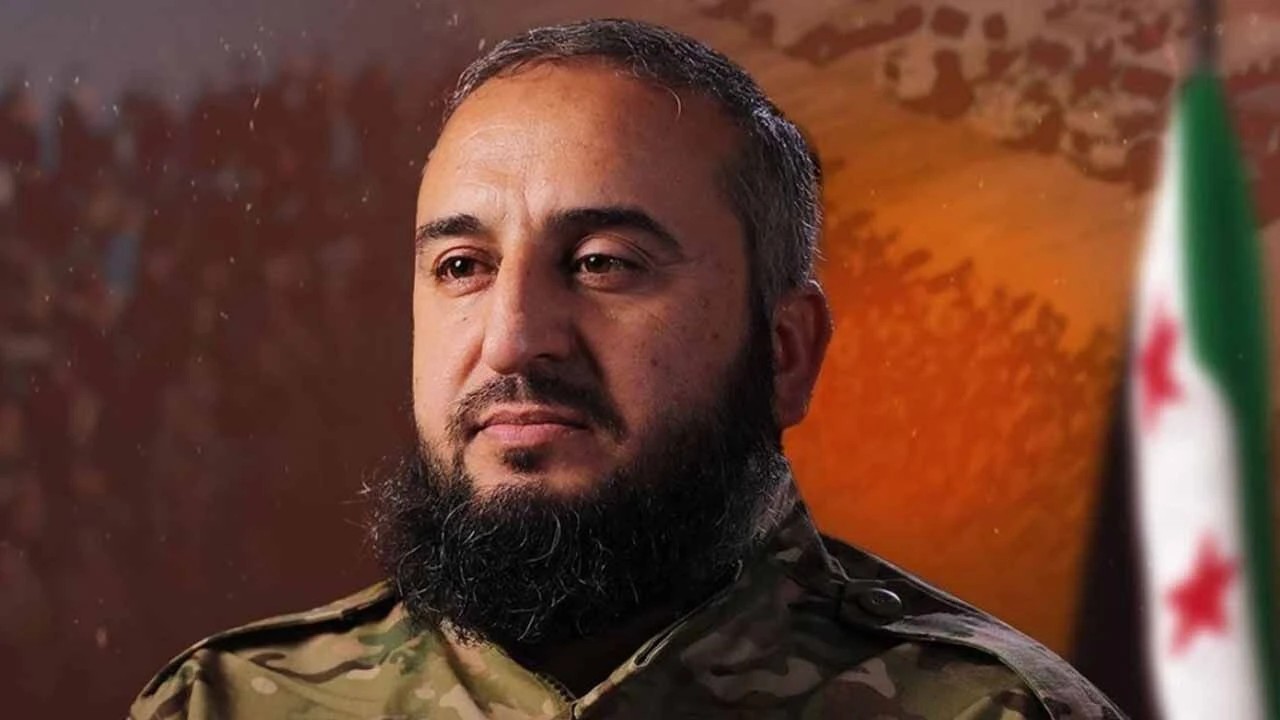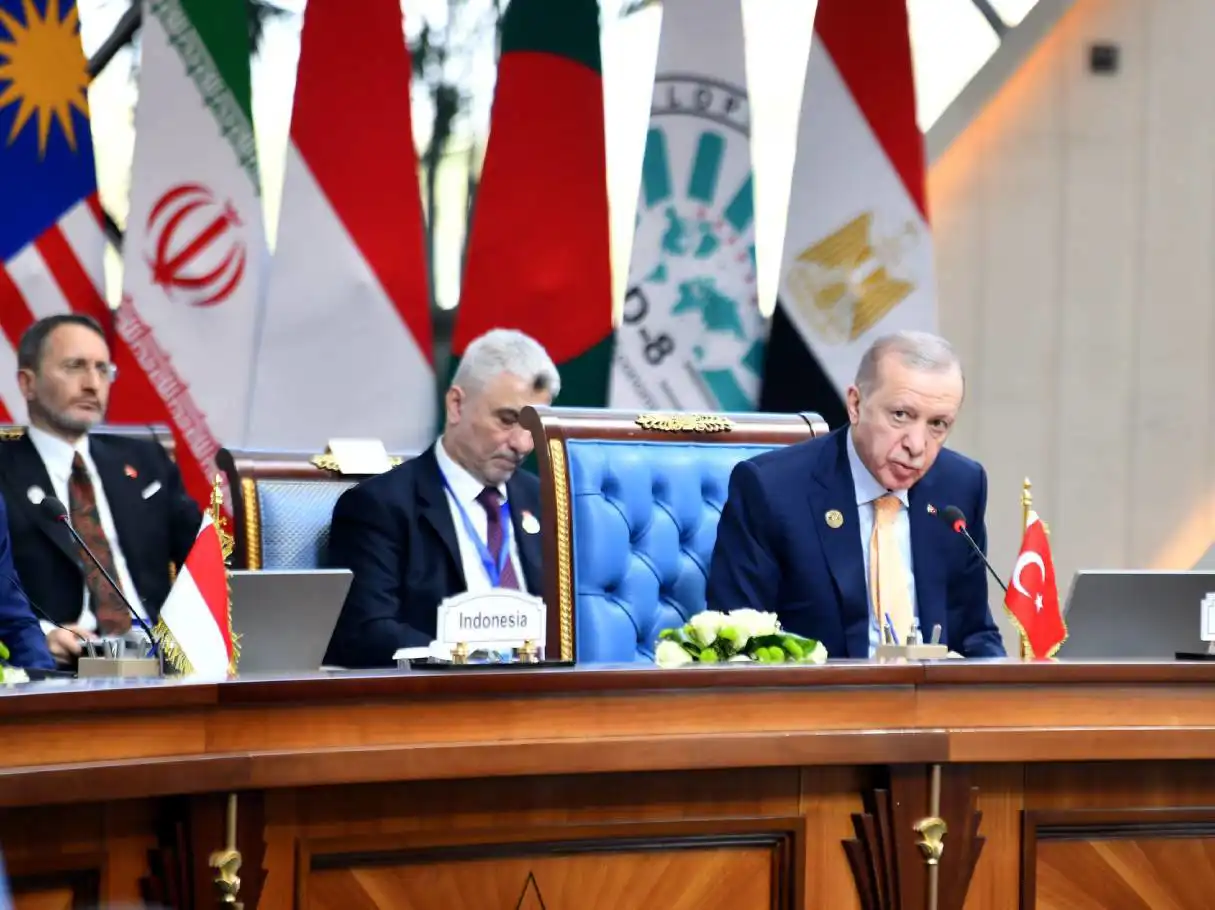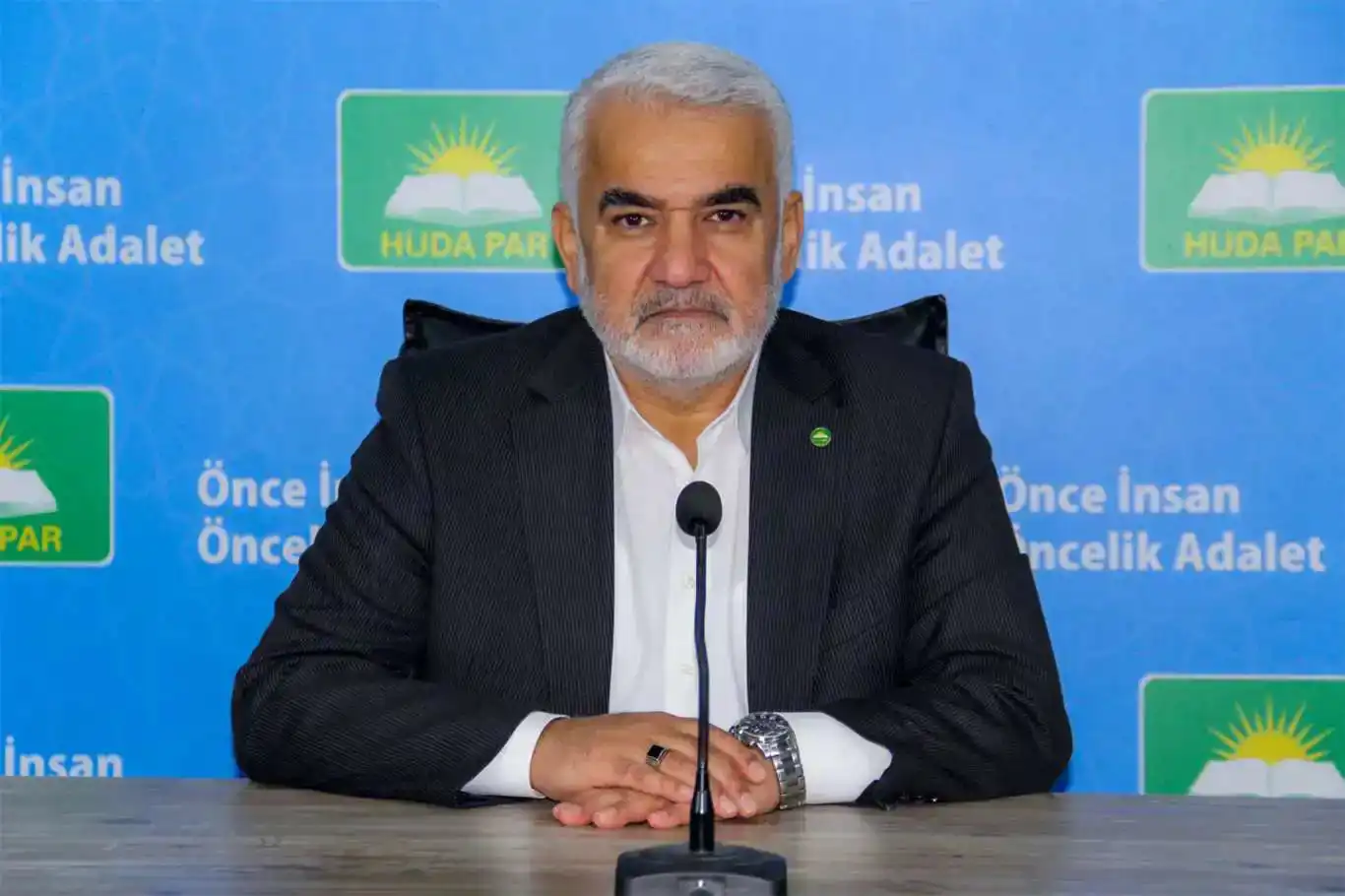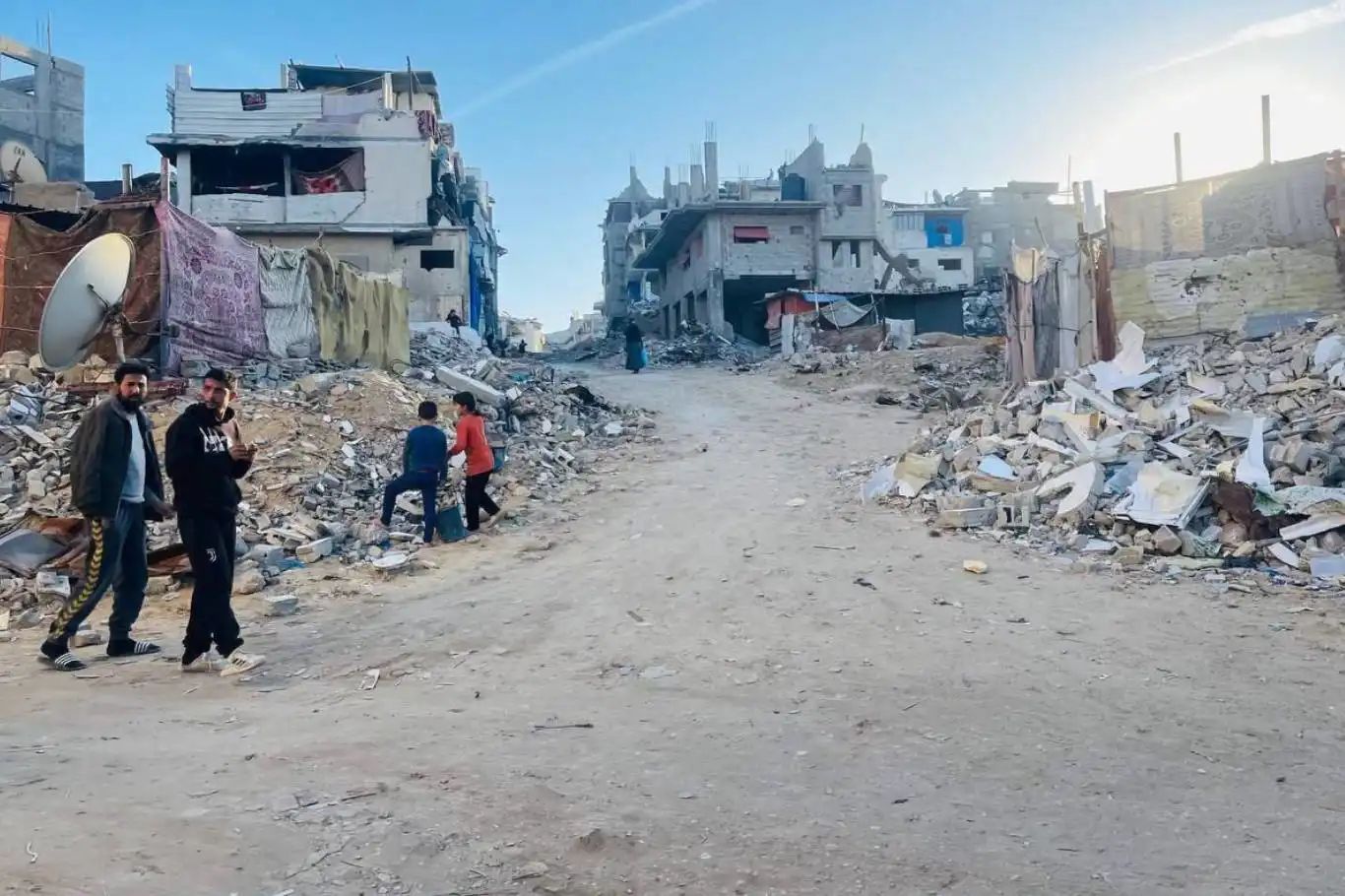Muslims celebrate the Feast of the Sacrifice, Eid al-Adha
Muslims across the world has began celebrating the Eid al-Adha, the Feast of Sacrifice, which marks the end of the Hajj pilgrimage to Mecca, one of the five pillars of Islam.
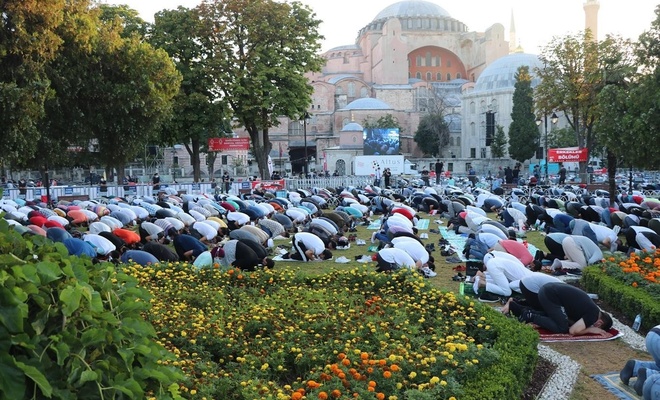
 Google News'te Doğruhaber'e abone olun.
Google News'te Doğruhaber'e abone olun. Eid al-Adha or Feast of the Sacrifice is the second of two Islamic holidays celebrated worldwide each year, the other being Eid al-Fitr, and considered the holier of the two. It honors the willingness of Ibrahim (Abraham) to sacrifice his son Ismael as an act of obedience to God's command. But, before Ibrahim could sacrifice his son, God provided a lamb to sacrifice instead.
In commemoration of this intervention, an animal, usually a sheep, is sacrificed ritually and divided into three parts. One share is given to the poor and needy, another is kept for home, and the third is given to relatives.
One of the main trials of Abraham's life was to face the command of God by sacrificing his beloved son. In Islam, Abraham kept having dreams that he was sacrificing his son Ishmael. Abraham knew that this was a command from God and he told his son, as stated in the Quran "Oh son, I keep dreaming that I am slaughtering you", Ishmael replied "Father, do what you are ordered to do." Abraham prepared to submit to the will of God and prepared to slaughter his son as an act of faith and obedience to God. During this preparation, Shaytaan tempted Abraham and his family by trying to dissuade them from carrying out God's commandment, and Abraham drove Satan away by throwing pebbles at him. In commemoration of their rejection of Satan, stones are thrown at symbolic pillars Stoning of the Devil during Hajj rites.
Acknowledging that Abraham was willing to sacrifice what is dear to him, God the almighty honored both Abraham and Ishmael. Angel Jibreel (Gabriel) called Abraham "O' Abraham, you have fulfilled the revelations." and a lamb from heaven was offered by Angel Gabriel to prophet Abraham to slaughter instead of Ishmael. Muslims worldwide celebrate Eid al Adha to commemorate both the devotion of Abraham and the survival of Ishmael.
The purpose of sacrifice in Eid al-Adha is not about shedding of blood just to satisfy Allah. It is about sacrificing something devotees love the most to show their devotion to Allah. It is also obligatory to share the meat of the sacrificed animal in three equivalent parts – for family, for relatives and friends, and for poor people. The celebration has a clear message of devotion, kindness and equality. It is said that the meat will not reach to Allah, nor will the blood, but what reaches him is the devotion of devotees.
Devotees offer the Eid al-Adha prayers at the mosque. The Eid al-Adha prayer is performed any time after the sun completely rises up to just before the entering of Zuhr time, on the 10th of Dhu al-Hijjah. In the event of a force majeure (e.g. natural disaster), the prayer may be delayed to the 11th of Dhu al-Hijjah and then to the 12th of Dhu al-Hijjah.
Eid prayers must be offered in congregation. Participation of women in the prayer congregation varies from community to community. It consists of two rakats (units) with seven takbirs in the first Raka'ah and five Takbirs in the second Raka'ah. For Shia Muslims, Salat al-Eid differs from the five daily canonical prayers in that no adhan (call to prayer) or iqama (call) is pronounced for the two Eid prayers. The salat (prayer) is then followed by the khutbah, or sermon, by the Imam.
At the conclusion of the prayers and sermon, Muslims embrace and exchange greetings with one another (Eid Mubarak), give gifts and visit one another. Many Muslims also take this opportunity to invite their friends, neighbors, co-workers and classmates to their Eid festivities to better acquaint them about Islam and Muslim culture.
During Eid al-Adha, distributing meat amongst the people, chanting the takbir out loud before the Eid prayers on the first day and after prayers throughout the four days of Eid, are considered essential parts of this important Islamic festival.
One important tradition for Eid al-Adha is sacrificing an animal
Men, women, and children are expected to dress in their finest clothing to perform Eid prayer in a large congregation in an open waqf ("stopping") field called Eidgah or mosque. Affluent Muslims who can afford it sacrifice their best halal domestic animals (usually a cow, but can also be a camel, goat, sheep, or ram depending on the region) as a symbol of Abraham's willingness to sacrifice his only son. The sacrificed animals, called aḍḥiya (Arabic: أضحية), known also by the Perso-Arabic term qurbāni, have to meet certain age and quality standards or else the animal is considered an unacceptable sacrifice.
The meat from the sacrificed animal is preferred to be divided into three parts. The family retains one-third of the share; another third is given to relatives, friends, and neighbors; and the remaining third is given to the poor and needy.
Muslims wear their new or best clothes. Women cook special sweets, including ma'amoul (filled shortbread cookies) and samosas. They gather with family and friends. (ILKHA)




























